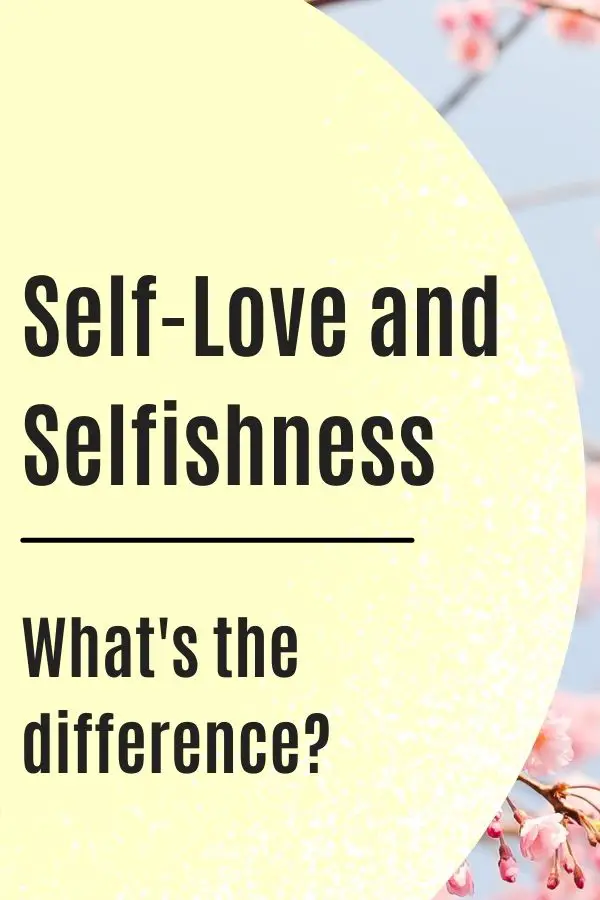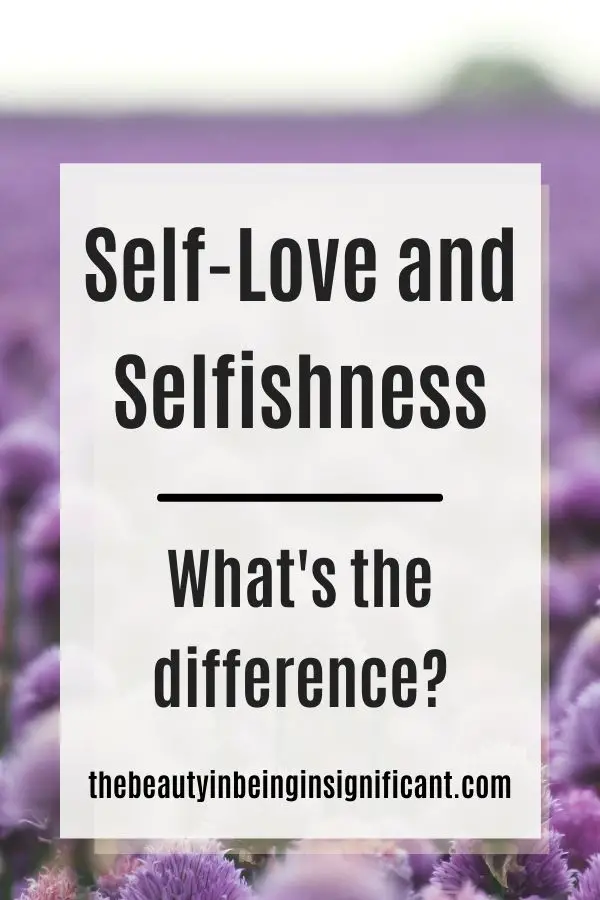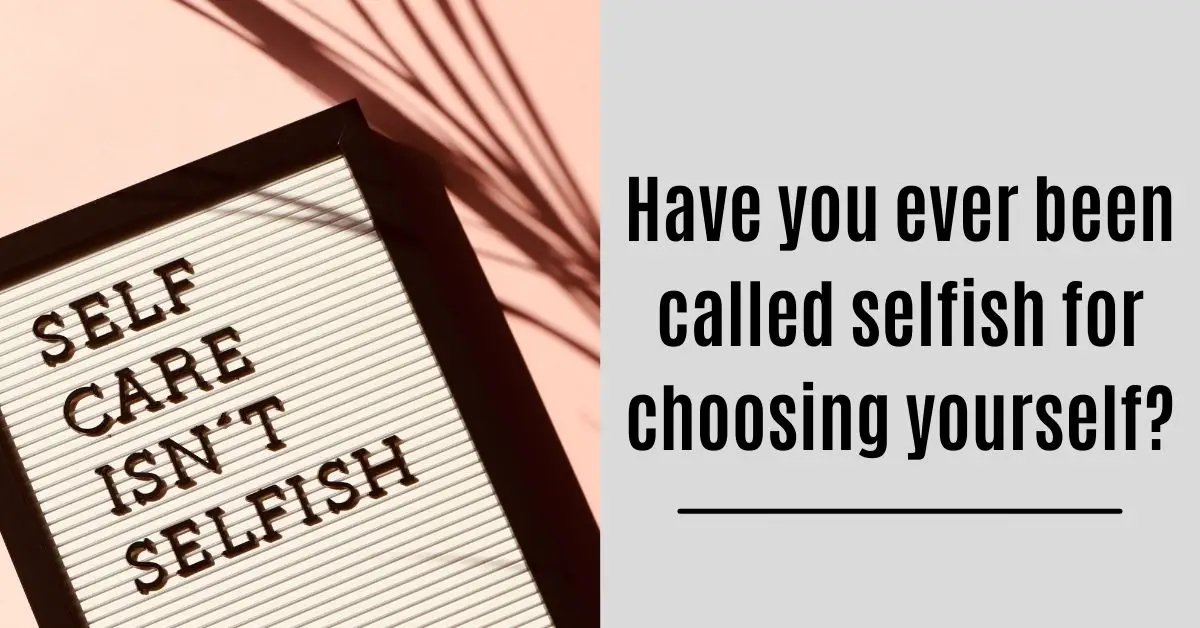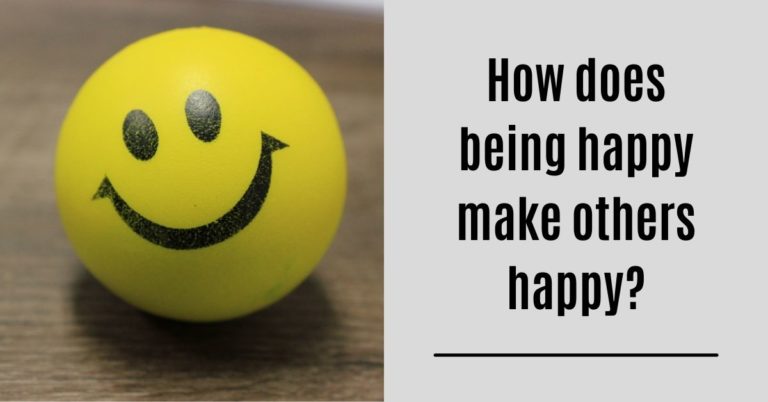Selfishness vs self love – What’s the difference?
Eleanor Brownn once said ‘’Self-care is not selfish. You cannot serve from an empty vessel.’’. Over the past two years of this never-ending pandemic, I’ve gladly noticed that a lot more people are taking self-love and their mental health more seriously. However, there has been a growing debate on selfishness vs self-love. How can you tell if someone’s actions are one or the other? Let’s discuss.

Intent, Actions and Consequence
The way I see it, there’s 3 core parts to consider when judging our actions. There’s ‘intent’ a.k.a the reason why we do the things that we do. Here lies our motivations, reasoning and driving force. Then, you have the actual ‘action’ which is whatever we’re doing in the moment. Finally, there’s ‘consequence’ where we can see the effects of our actions on not only ourselves but also on those around us.
When we’re trying to judge the difference between selfishness vs self-love, there is the temptation to focus only on the ‘actions’ and ‘consequences’ parts. For example, if I didn’t stay late at work to help a colleague with their project, you might be tempted to call that a selfish act as my actions lead to them feeling disappointed, a negative consequence. However, the problem with this approach is that it completely takes away ‘intent’ from the equation.
Good vs bad intentions
There could be a million reasons why I needed to go home. For the purpose of this example, let’s say that I’ve been battling feelings of overwhelm/anxiety, and simply needed some time to myself that evening. I definitely did not intend to make my colleague feel bad. This would be an example of a scenario where good intentions led to an action that caused a negative consequence. Let’s call this Scenario A.
In Scenario A, I truly believe that because there were good intentions behind that action to leave the office, it can be considered an act of self-love, despite the fact that it had negative consequences on the co-worker.
Let’s take a look at Scenario B, where we have an example of bad intentions leading to an action that causes a negative consequence. Let’s keep the action the same, so I’m still deciding not to help out our co-worker and choosing to go home. However, I’m doing this because I simply do not care about what happens to that person. All I’m thinking about is what I’m going to have for dinner. In my opinion, this is a selfish act.
It’s never that simple
Of course, it never this simple and binary. Not every action is either selfish or self-love. It’s more of a spectrum where you have balance your needs with the needs of others. Sometimes, you’ll have to prioritize yourself, and that’s okay. However, if you start doing this to the point where you’re constantly stepping over others, then that’s pure selfishness in my book.
If you’re interested in reading more on this topic, here are some articles from a variety of sources:
5 Brutally Honest Ways To Be Kind To Yourself
Self-Love: Selfish, Narcissistic and Arrogant? | Psychology Today United Kingdom
SELFISH vs. SELF LOVE (thriveglobal.com)

What do you think? Have any of your actions lately been selfish or have they been more of an act of self-love? If you chose yourself, how did it make you feel afterwards? I’d love to know in the comments below!







oooh I love this! I often feel guilty if I put myself first, even if I know I’m running on empty. Like you mention though, it’s never all one or the other, which is why I think there is always some guilt there. I would be feeling overwhelmed/anxious AND thinking about what was for dinner hehe. Great post 🙂 xx
I was actually having this conversation with my therapist not too long ago! I remember when she told me that its okay to be selfish because selfishness can actually help you find self-love. I love how you did a compare and contrast between those two.
Just what I need. Been asking this question myself. Thanks for the insights.